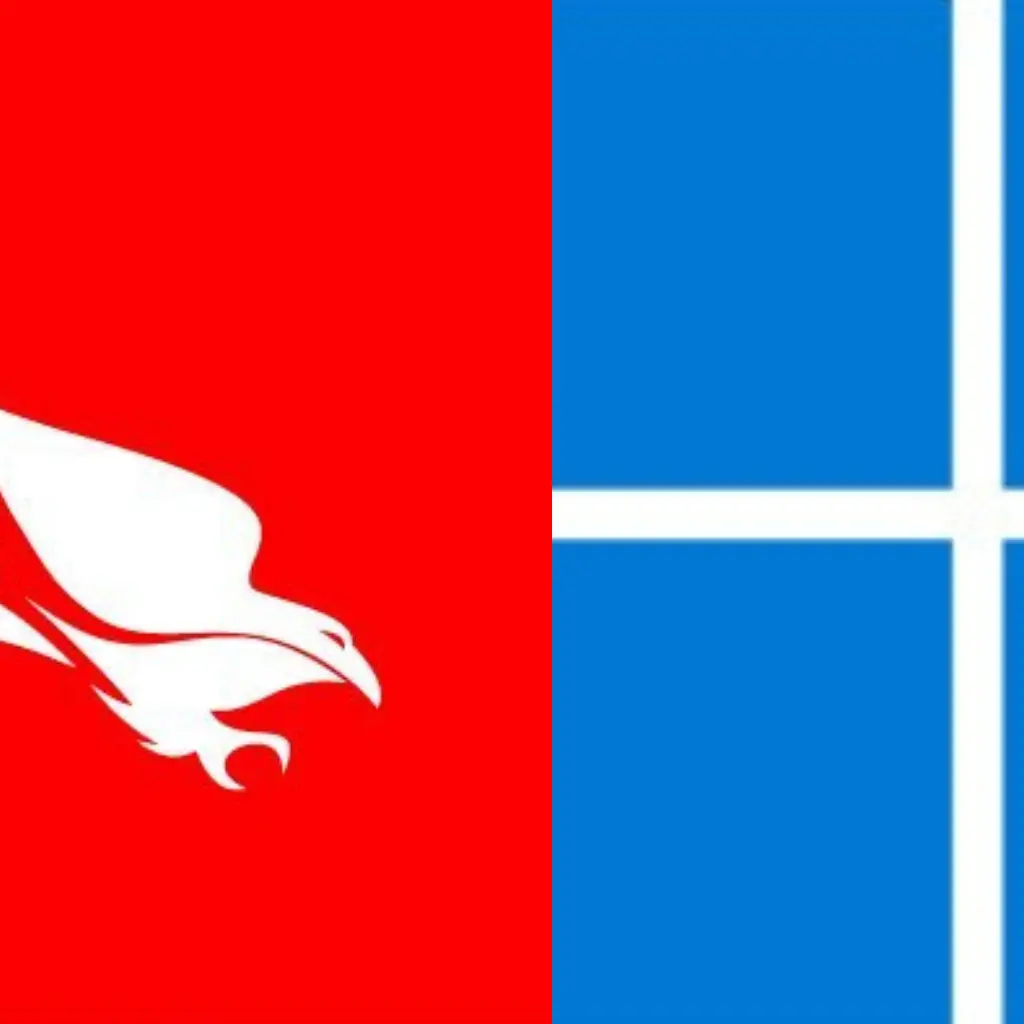Pavel Durov is a software entrepreneur frequently referred to as the "Russian Mark Zuckerberg," he founded Russia's largest social networking site,
VKontakte, and the messaging program Telegram. Born in Russia's Saint Petersburg, Durov showed an early interest in privacy and technology.
He became well-known in Russia thanks to the launch of VK, but he had serious run-ins with the law when he refused to comply with censorship orders. He was obliged to leave Russia and sell his investment in VK by 2014 as a result of these tensions.
After that, Pavel Durov turned his attention to creating
Telegram, which he and his brother Nikolai launched in 2013. Thanks to its user-friendly interface and dedication to user privacy, Telegram quickly gained popularity and now has over 950 million active users, making it one of the most popular messaging platforms worldwide.
The recent arrest of Telegram’s mysterious creator, Pavel Durov has sparked concerns about the survival of Telegram, its impact for international privacy norms, and the larger world politics at play. Pavel Durov is well-known for his dedication to user privacy and free speech.
Pavel Durov’s greatest accomplishment is the development of systems that put user privacy first and defy governmental restrictions. The encryption features of Telegram provide users with a sense of security in their communications, even though they are not activated by default.
With up to 200,000 members, Telegram facilitates massive group chats, something that many other messaging apps can not offer. Because of this, the site is now a well-liked option for both activists and regular users looking for privacy.
Pavel Durov has made a name for himself as an outspoken supporter of privacy and free expression, frequently adopting strong positions in opposition to corporate and governmental pressure.
He has drawn praise and criticism for his dedication to these ideals. While advocates of privacy applaud him, some countries and organizations charge him of offering a safe haven for criminal activity.
You May Also Like
-
 Elon Musk Unveils $30,000 Optimus Robots: A New AI-Powered Assistants11 Oct 2024 tech
Elon Musk Unveils $30,000 Optimus Robots: A New AI-Powered Assistants11 Oct 2024 tech -
 Nigerians vs South Africans: The Bolt Battle That Sparked a Massive Crisis in 202424 Aug 2024 tech
Nigerians vs South Africans: The Bolt Battle That Sparked a Massive Crisis in 202424 Aug 2024 tech -
 Breaking: CrowdStrike Update, Triggers Widespread Global Microsoft IT System Failures19 Jul 2024 tech
Breaking: CrowdStrike Update, Triggers Widespread Global Microsoft IT System Failures19 Jul 2024 tech -
 Meet noland arbaugh first neuralink implant patient exposed23 Mar 2024 tech
Meet noland arbaugh first neuralink implant patient exposed23 Mar 2024 tech
On August 24, 2024, Pavel Durov was taken into custody at Le Bourget Airport, which is outside of Paris, France, based on an arrest warrant that was obtained by French officials.
His detention, which may continue for up to ninety-six hours, is part of an ongoing legal investigation headed by the National Police’s anti-fraud section and the Gendarmerie’s cybersecurity unit in France.
The investigation is centered on claims that Telegram has been utilized for unlawful activities such as narcotics trafficking, organized crime, fraud, cyberbullying, and terrorism propaganda.
The French government has made it clear that there was no political motivation for Durov’s arrest.
Despite worries expressed by well-known individuals such as Elon Musk and Edward Snowden over the consequences of free speech, President Emmanuel Macron declared that the legal system is impartial and not influenced by political objectives.
Due to his alleged unwillingness to eliminate illicit content on Telegram, Pavel Durov is facing twelve accusations. Among these charges are:
- Participation in the dissemination of information about child sexual abuse.
- Assistance in the trafficking of drugs.
- Encouraging fraud.
- Cyberbullying.
- Involvement in the dealings of organized crime.
- Encouragement of terrorist activity.
- Not giving law enforcement the information they need.
- Laundering of money.
- Breaking the rules on content moderation.
- Permitting the dissemination of content that is extreme.
- Assisting in the commission of illicit transactions.
- Refusal to assist with inquiries by law enforcement.
Many people have responded to the arrest, and views are strongly divided. Supporters believe that Pavel Durov’s imprisonment violates his right to privacy and his freedom of speech.
The aggravated connection between Pavel Durov and the Kremlin may have contributed to the Russian government’s cautious response to requests for information from French authorities.
Even though Telegram was formerly banned in Russia, the ban was lifted in 2020, and the platform remains popular there.




